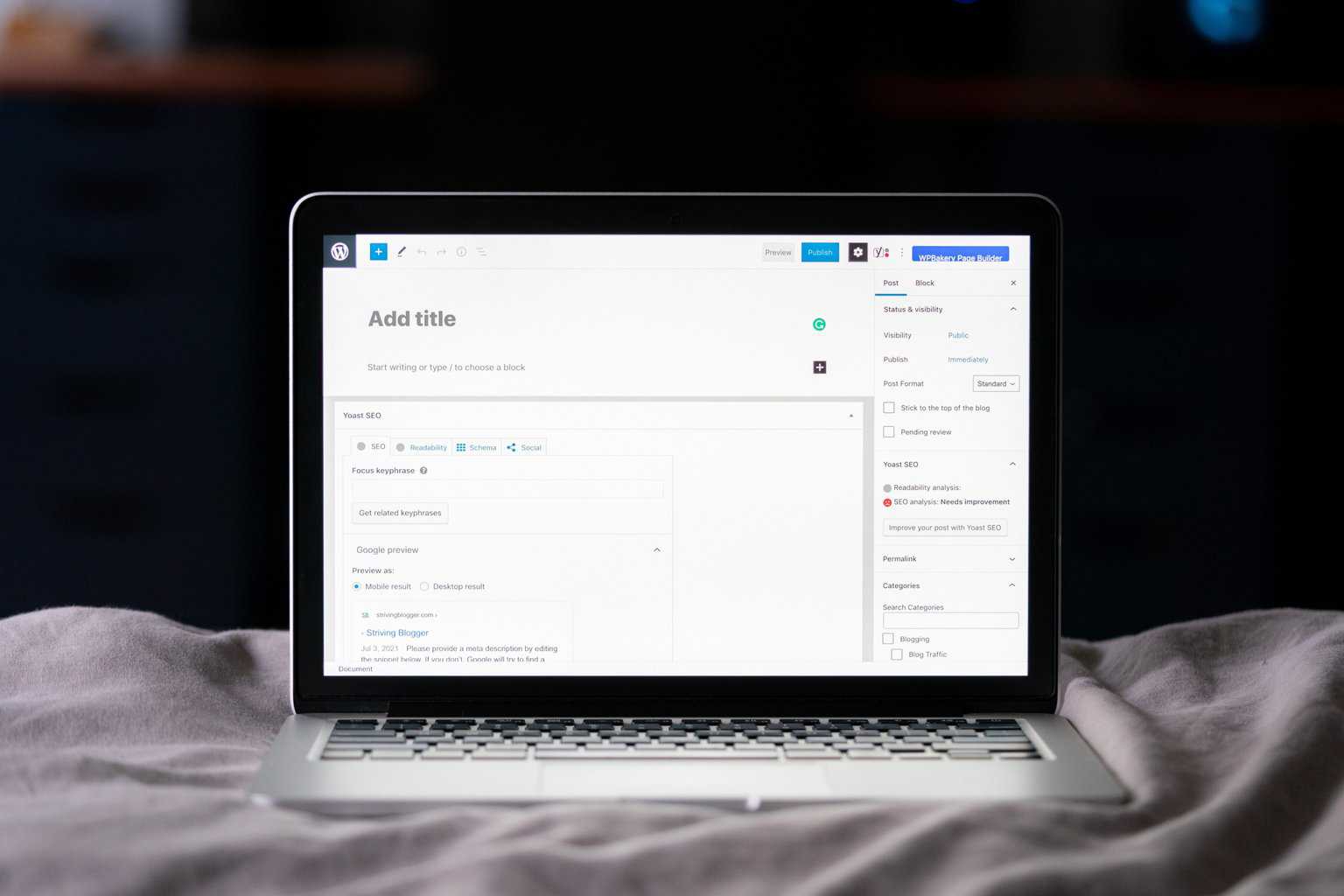
05 Oct Want to Optimize Your WordPress Website? Learn About Website Translation
Building a website on WordPress is a straightforward process, offering essential functions for most businesses. If you’re thinking of investing in website translation services, there are many good options that work seamlessly with your WordPress CMS.
Explore how to get the right website translation quality while saving up to 60% on human translation costs.
 What is Website Translation?
What is Website Translation?
Website translation is the process of transforming your website content, word-for-word, into another language to accommodate multilingual users. Translating a website ensures that it is accessible to your target audience with diverse language preferences.
With worldwide access to the internet and social media, it has become a common practice for businesses to cater to international audiences. In fact, 1 in 12 people in the U.S. are considered Limited English Proficiency (LEP). If your website is only available in one language, typically English, you might overlook potential customers or clients who do not have proficiency in English, potentially limiting your reach and opportunities for growth.
The Difference Between Website Translation and Website Localization
While they’re often used interchangeably, website translation and localization are two distinct processes. Translation involves converting the content of a website from one language to another while preserving the original meaning. It focuses on translating text elements, such as articles and user interface components, into the target language. The goal is to make the content understandable to speakers of the target language.
Website localization goes beyond language translation. It adapts the entire website to suit the cultural, linguistic, and functional preferences of a specific target audience. This process considers factors like date formats, currency, images, colors, and cultural nuances. The aim is to create a website that feels native to users in different regions or languages, providing a seamless and culturally relevant user experience.
How to Translate a WordPress Website
WordPress websites are highly intuitive and simple to design and deploy, but they also have some advanced capabilities. If you are running a successful WordPress website, but you want to reach new markets or make it more accessible to multilingual users, there are several options for website translation:
 Proxy Solutions:
Proxy Solutions:
Proxy translation technology automates content detection, simplifying website translation. Translation proxy allows you to operate independently of your WordPress CMS, streamlining the deployment of translated versions for various markets. Enjoy translation services, maintenance, project management, workflow automation, and cost-effective 24/7 hosting.
Easy-to-Install WPML (WordPress Multilingual) Plugins:
These plugins enable multilingual capabilities, allowing translation of website content into multiple languages, enhancing global accessibility.
Website translation plugins typically offer some valuable features, including:
- Language management
- Content translation
- Language toggles
- SEO optimization
- Seamless integration.
The best website translation services will offer an integrated plugin with both free and paid versions, ensuring efficient translation workflows.
Human Translation with Subdomains:
For precise translations or customized localization, you can manually translate your web content. You can do this by setting up subdomains within your existing WordPress site, maintaining the theme consistency. You would then add translated content to a separate subdomain and provide links for users to switch between languages.
You’ll have to hire a professional translator for this if you don’t have someone in-house who is proficient in your target language. Of course, doing manual human translations comes with other unexpected costs, like project management, quality assurance, and the cost that low quality translations will have on your business
Optimize Your WordPress Website with Translation
The website translation tool you choose will depend on your specific needs. If you want an effortless, cost-saving solution, the best website translation solution will offer flexibility, scalability, and integration ease.
Experience an increase in ROI, greater engagement, and improved brand image by speaking the language of your target market. Learn more about website translation and localization today.



No Comments